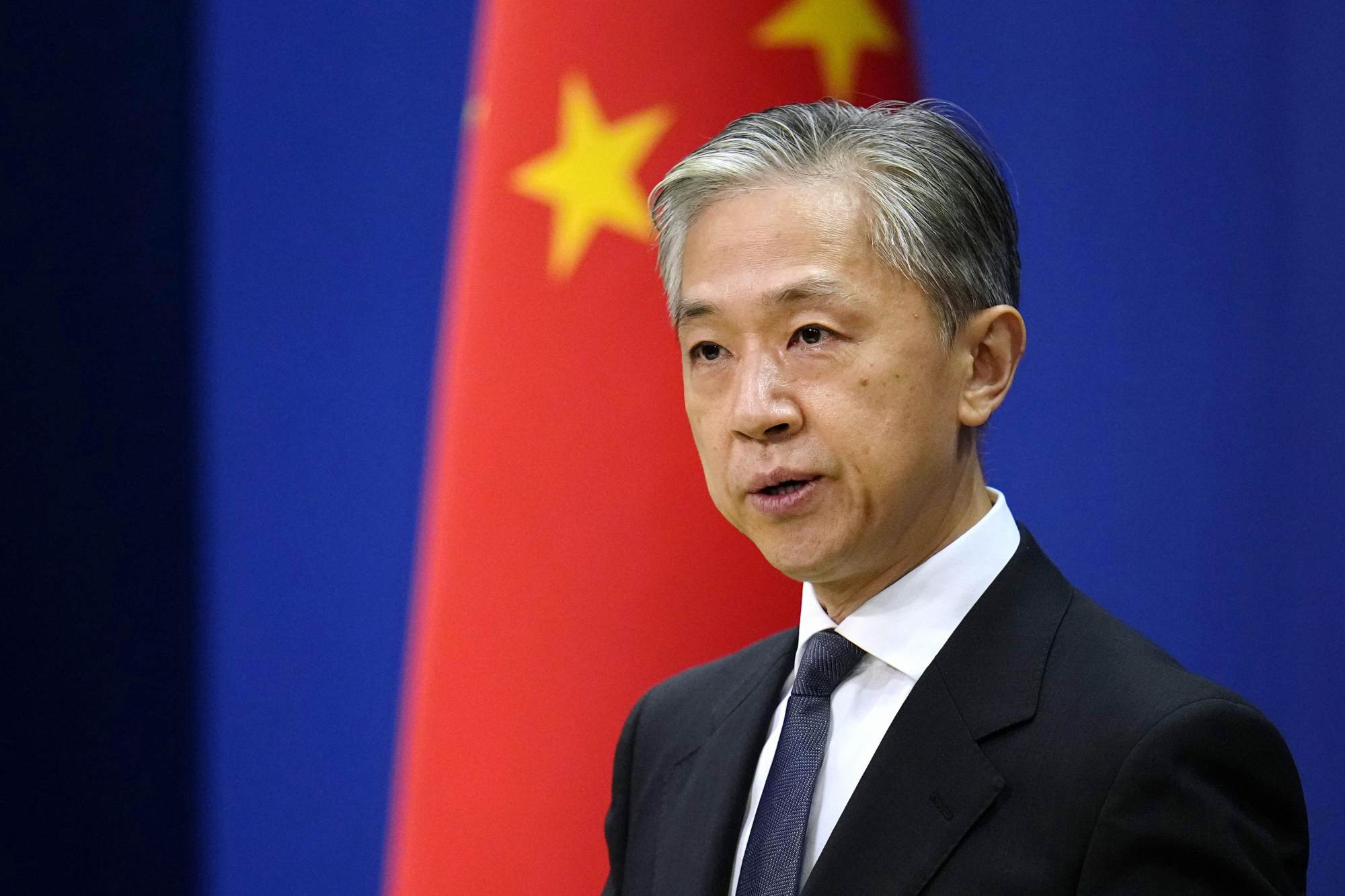
‘Bad memories’: China mocks Germany’s plans to expand military presence in Asia
- Foreign ministry responds to comments by German defence chief, who said Berlin would join drills in the Indo-Pacific and send in more warships
- A total of 13 German warplanes are taking part in US-led exercises in Australia, making it the European country’s largest peacetime deployment
China mocked Germany’s plans to expand its military presence in the Indo-Pacific after Berlin’s defence chief said his country would step up engagement in the region.
“This will probably lead to some bad memories and associations in many countries in the world,” Chinese foreign ministry spokesman Wang Wenbin said on Thursday.
Germany sends aircraft to Australia for multinational military drills
China’s security policy is defensive and the country is developing its military capability to safeguard its legitimate security interests, which is “completely justified and reasonable”, Wang said.
“We do not want to provoke anyone with our presence but rather send a strong sign of solidarity with our allies,” he said.
“We stand for the freedom of navigation and the safeguarding of international norms.”

Wang said China always respects the freedom of navigation and overflight under international law, including the United Nations Convention on the Law of the Sea.
Germany has been cautious about expanding its military presence overseas since the end of World War II.
Tensions in the region have run high since US House Speaker Nancy Pelosi’s visit to Taiwan last month. Beijing retaliated by holding its largest-ever military drills around the island. On Sunday, the United States sailed two warships through the Taiwan Strait.
US warships pass through Taiwan Strait for first time since Pelosi visit
Asked whether Germany might send a warship through the strait, Zorn said it was a sensitive matter to be decided at the highest political level.
Zorn said China’s military strength once came from the number of its soldiers, but now its armed forces have also become technologically well equipped.
“We are observing an enormous build-up of Chinese forces,” he said.


